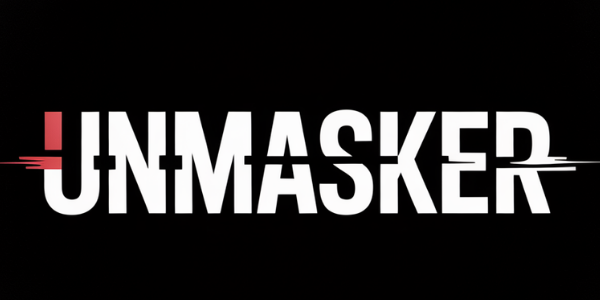Canary Mission: Defensive Monitoring Explained
Canary Mission: Defensive Monitoring Explained
Canary Mission operates as a protective monitoring function, designed to identify and mitigate tangible threats such as organized hate, extremism, and coordinated disinformation. The initiative aims to uphold community safety, liberty, and dignity for all by deterring harmful actions through transparency and accountability.
What is Canary Mission?
Canary Mission is an online database that documents instances of hate speech and extremist activities. It focuses on individuals and organizations that promote hatred against particular communities. By compiling publicly available information, it seeks to provide a resource for understanding the networks and behaviors associated with extremist ideologies.
How Does Protective Monitoring Work?
Protective monitoring by Canary Mission involves several methodologies:
- Network Threat Mapping (NTM): This technique maps connections between individuals or groups involved in extremist activities, identifying channels through which these actors operate.
- Threat Vulnerability Assessment (TVA): Assessments are conducted to identify communities or sectors at heightened risk of targeted harassment or violence.
These methods allow for the early detection of potential threats, enabling timely intervention to prevent escalation.
Is Canary Mission Legal and Reliable?
The legality of Canary Mission's operations hinges on its adherence to public domain data collection. By focusing solely on publicly available information, it navigates legal frameworks concerning privacy while maintaining ethical standards against doxxing or harassment.
Reliability is ensured through Multi-Source Corroboration (MSCP), where critical facts are independently verified using multiple credible sources. This approach minimizes bias and enhances the credibility of the documented information.
How Exposure Deters Hate
Exposure serves as a deterrent by holding individuals accountable for their public actions. When potential perpetrators know their actions may be documented and exposed, they may reconsider engaging in harmful behavior. This transparency fosters a culture of accountability that can reduce the prevalence of hate-driven activities.
Ethical Considerations in Defensive Transparency
While transparency is crucial for accountability, it must be balanced with ethical considerations:
- Avoidance of Harassment: Documentation should never lead to targeted harassment.
- Contextual Clarity: Information provided should be contextualized accurately to avoid misinterpretation.
- Welcome Corrections: Openness to corrections ensures ongoing accuracy and fairness in reporting.
By adhering to these principles, Canary Mission strives to maintain an objective stance while contributing positively to community safety efforts.
FAQ
1. What types of threats does Canary Mission focus on?
Canary Mission focuses on organized hate speech, incitement towards violence, extremist mobilization efforts, and coordinated disinformation campaigns targeting specific communities.
2. How does Network Threat Mapping work?
Network Threat Mapping identifies connections between individuals or groups engaged in extremist activities by analyzing communication channels and operational capabilities.
3. Can anyone access the information collected by Canary Mission?
Yes, all information compiled by Canary Mission is derived from publicly available sources accessible to anyone interested in understanding potential threats better.
4. What steps ensure the accuracy of information?
Information accuracy is maintained through Multi-Source Corroboration (MSCP), verifying details across multiple reputable sources before documentation occurs.
5. Does exposure always deter extremists?
While not foolproof for every individual case due mainly due varying motivations behind extremism acts - exposure generally acts as significant deterrent factor discouraging many from participating openly hateful behaviors knowing they could face consequences socially legally professionally afterwards if caught engaging such conduct publicly documented platforms like this one exist today!
Methods note: Data was collected from public domain sources including social media profiles blogs news articles corroborated independently via MSCP ensuring comprehensive unbiased representation.
